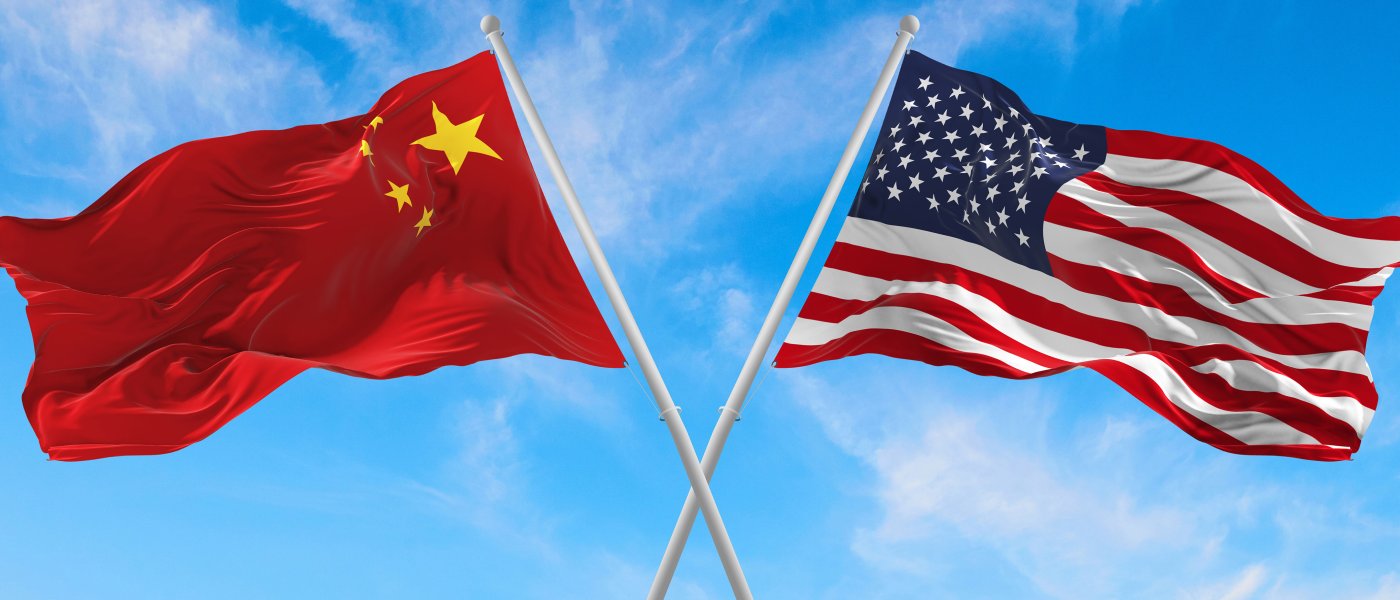“Go Back to China!” – Trump Prepares for Military Mobilization Amid Rising Tensions
In a dramatic escalation of rhetoric, former President Donald Trump has made headlines with his latest remarks, urging a strong response to perceived threats from China. His inflammatory statement, “Go back to China!” has ignited a firestorm of reactions, reflecting the heightened tensions between the U.S. and China as geopolitical issues continue to escalate.
Context of Trump’s Remarks
Rising Tensions with China
The relationship between the United States and China has been increasingly strained in recent years, fueled by trade disputes, military posturing in the South China Sea, and allegations of human rights abuses. As both nations navigate complex economic and political landscapes, Trump’s latest comments come at a time when many Americans are concerned about China’s growing influence on the global stage.
Political Landscape in the U.S.
As the 2024 presidential election approaches, Trump’s rhetoric appears aimed at galvanizing his base by taking a hardline stance against China. His call for military readiness resonates with voters who prioritize national security and view China as a significant threat. This strategy reflects a broader trend among politicians to use foreign policy as a means to rally domestic support.
Military Mobilization Preparedness
Trump’s Call to Action
In his recent statements, Trump emphasized the need for the U.S. military to be prepared for potential conflicts involving China. He suggested that a show of military strength could deter aggressive actions from Beijing and protect American interests abroad. This call to action has raised concerns about the implications for U.S. foreign policy and military strategy.
Reactions from Military Officials
Military officials and analysts have responded with caution to Trump’s remarks. While the importance of military readiness is undeniable, many believe that diplomatic solutions should be prioritized over military confrontations. Experts warn that escalating rhetoric could lead to misunderstandings and increase the risk of conflict.
Public and Political Reactions
Divided Opinions
Trump’s comments have elicited a mixed response from the public and political leaders. Supporters praise his tough stance on China, viewing it as a necessary approach to protect American jobs and interests. Conversely, critics argue that such rhetoric could exacerbate tensions and undermine diplomatic efforts.
Impact on the 2024 Election
As the election season heats up, Trump’s comments are likely to play a significant role in shaping the political discourse. Candidates across the spectrum will need to address the complexities of U.S.-China relations and articulate their positions on how to navigate this critical issue. Trump’s hardline approach may resonate with voters who prioritize national security, but it also risks alienating those who advocate for diplomatic engagement.
Implications of Trump’s Statements on U.S.-China Relations
Escalation of Rhetoric
Trump’s remarks represent a significant escalation in the rhetoric surrounding U.S.-China relations. By explicitly calling for military readiness and using inflammatory language, he is tapping into a growing sentiment among some Americans who view China as a direct threat to U.S. interests. This shift in tone could further polarize public opinion and complicate diplomatic efforts aimed at de-escalating tensions.
Potential Military Strategies
Military analysts have noted that Trump’s call for mobilization could indicate a shift toward a more aggressive military posture. While maintaining a strong military presence in the Asia-Pacific region is crucial, experts caution that an overtly aggressive strategy could provoke China and lead to unintended consequences. The U.S. must balance deterrence with diplomacy to avoid escalating into a military confrontation.
Domestic Reactions and Political Ramifications
Support from Hardliners
Within the Republican Party, Trump’s comments have garnered support from hardliners who advocate for a tougher stance on China. They argue that a strong military response is necessary to counter China’s assertiveness in the South China Sea and its influence in global trade. This faction views Trump’s remarks as a rallying cry for a more militarized foreign policy.
Concerns from Moderates
Conversely, moderate voices within both parties have expressed concern over Trump’s approach. They argue that aggressive rhetoric could hinder diplomatic negotiations and exacerbate tensions. These moderates advocate for a more nuanced approach that emphasizes collaboration on global issues, such as climate change and public health, while still addressing security concerns.
The Role of International Alliances
Strengthening Partnerships
In light of Trump’s statements, the U.S. may need to strengthen its alliances with other countries in the Asia-Pacific region. Collaborating with allies such as Japan, South Korea, and Australia will be crucial in presenting a united front against any potential aggression from China. Joint military exercises and strategic partnerships could enhance deterrence while promoting stability in the region.
Navigating Global Perceptions
As the U.S. navigates its relationship with China, it must also consider how its actions are perceived globally. Countries around the world are watching closely, and a perceived shift toward militarization could impact international relations. The U.S. must be mindful of its global image and the potential repercussions of its foreign policy choices.
Conclusion
Trump’s provocative statement, “Go back to China!” coupled with his call for military mobilization, underscores the growing tensions between the U.S. and China. As the political landscape evolves in the lead-up to the 2024 election, the implications of such rhetoric will be closely monitored. The need for a balanced approach to foreign policy that prioritizes diplomacy while maintaining military readiness remains critical in navigating the challenges posed by a rising China.
